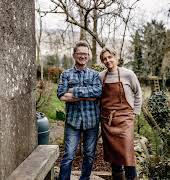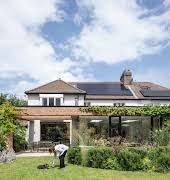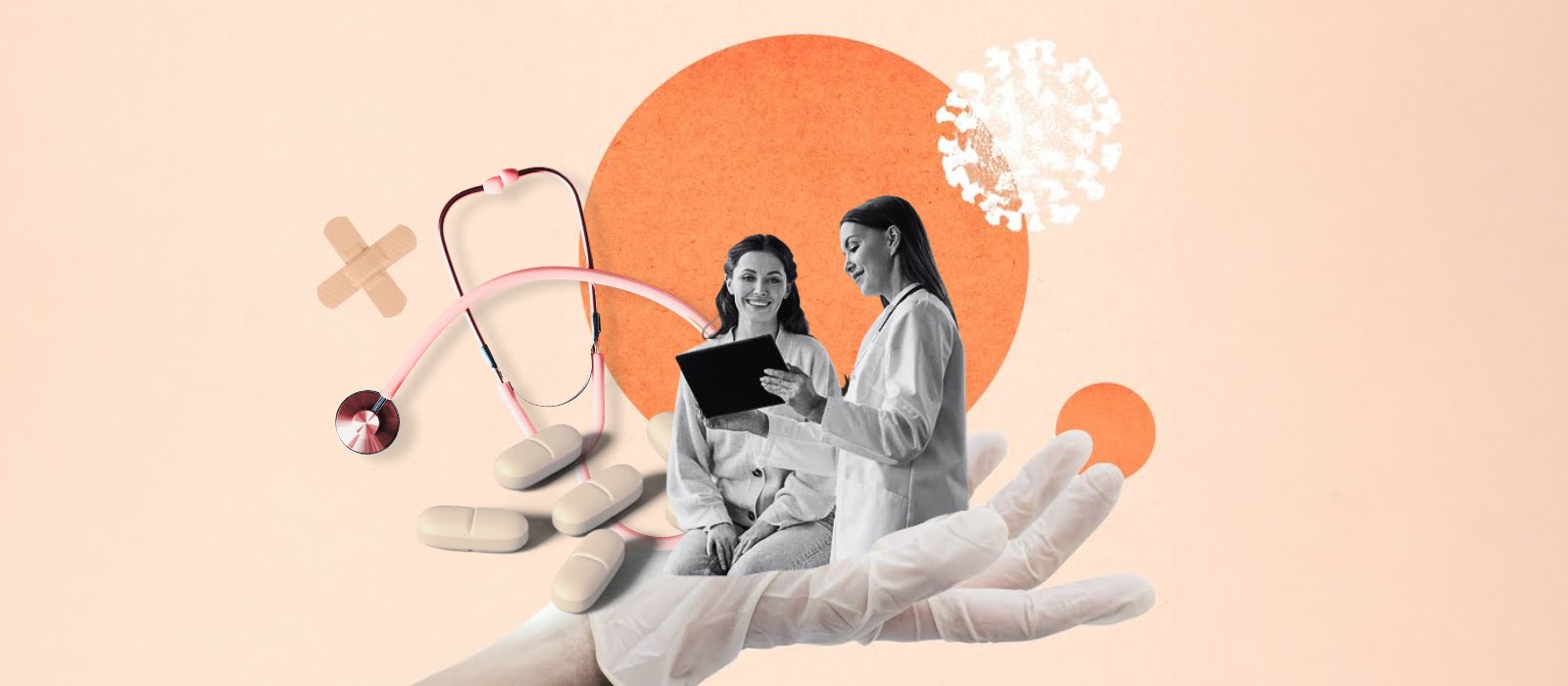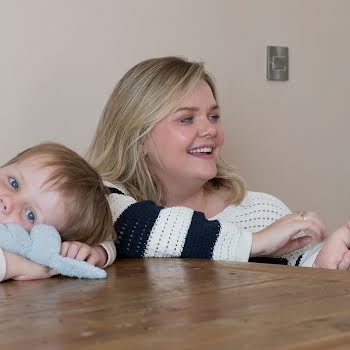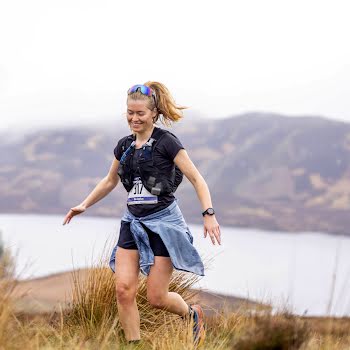Ask the Doctor: ‘I’m nearing the age of menopause — how should I prepare myself?’
All your burning health questions answered by the professionals.
“I’m nearing the age of menopause, and I want to be prepared. What should I do to get myself ready?”

Answer from Dr Sally Bramley, Co-founder and Chief Medical Officer of Tru Health.
Women spend around a third of their life in menopause, a natural phase that occurs after the ovaries stop producing hormones. This can be a time of great wisdom, authenticity, and life satisfaction. However, each woman’s experience varies— some navigate it easily whilst others face significant challenges.
While genetics play a role, lifestyle choices you’re making now, in your 20s to 40s, are likely to impact your experience. Also keep in mind that the low oestrogen levels in menopause affects your risk of certain conditions, such as cognitive decline, bone thinning and heart disease. With preparation you can act to mitigate these risks.
Menopause doesn’t happen overnight. The gradual transition into this phase is known as ‘perimenopause’ and can begin up to a decade before periods cease. This often coincides with peak life responsibilities, such as career demands, caring for children and elderly parents. Symptoms like disturbed sleep, mood swings, hot flashes, memory lapses, low sex drive, fatigue, and changes in hair and skin, can be mistakenly attributed to stress or anxiety. Since there’s no definitive test for perimenopause, it’s helpful to be able to recognise these.
A helpful place to start preparing is by empowering yourself with knowledge, just like you’re doing now! For example, by understanding what options are available to you if you are struggling with symptoms.
There has been a lot of confusion and misinformation around Hormonal Replacement Therapy (HRT) over the years. HRT can have tremendous benefits for alleviating symptoms and may also have health benefits. Despite concerns about increased breast cancer risk, recent interpretations suggest these risks may be overstated, especially with modern formulations. It’s generally recommended to initiate HRT within 10 years of menopause onset to maximise benefits and minimise risks.
For those who prefer not to use HRT, holistic treatments like acupuncture can be effective for hot flashes, sleep, and anxiety. Herbal treatments, such as evening primrose oil for sore breasts and black cohosh for hot flashes, may also be beneficial.
I recommend choosing professional-grade brands and consulting with a care provider before starting any new medication or supplement. Lifestyle changes support hormonal transitions whether or not you choose HRT or complementary therapies. What you’re putting into your body affects your hormonal system, whether that’s what you’re eating or through excess sensational news or social media.
To prepare for menopause, fill your plate with nutrient-dense and antioxidant-rich foods, lean protein and healthy fats, such as fatty fish, extra virgin olive oil, avocado and nuts. Foods with antioxidants include fruit, leafy greens and other coloured vegetables, berries and dark chocolate (over 70% cocoa).
These foods will also support your gut health, which impacts perimenopause by influencing hormone regulation, inflammation and nutrient absorption. One way to support your gut is by eating prebiotic foods, such as onions and garlic, which act as fertiliser for the healthy bacteria.
Additionally, aim for daily bowel movements to help eliminate toxins. Many toxins are ‘endocrine-disruptors’, such as pesticides and plastics, which means they disrupt your hormonal system. They also affect the balance of healthy bacteria in the gut. It’s therefore helpful to support your detoxification systems, such as the gut, liver and kidneys.
Ideas for doing this include sweating (through saunas, hot baths, or exercise), staying hydrated and consuming whole, locally-produced foods. Cruciferous vegetables like broccoli are particularly helpful.
Stabilising blood sugar levels is also a good preparation strategy, as spikes and crashes can disrupt hormones. Limit high-sugar foods and eat protein or fat before the high-carb foods on your plate. Protein not only stabilises blood sugar but also protects muscles, cognition, bones, and skin health. Everyone has different needs, but most would benefit from 1-2 grams of protein per kilogram of body weight per day, ideally with each meal.
I also recommend taking care of your adrenal glands, since they become a significant source of oestrogen and progesterone in menopause. Long-term stress impacts hormone production from the adrenals, so reduce this with things such as prioritising sleep, enjoying nature, avoiding harsh diets and practising mindful breathing.
How are you finding the fluctuating hormones which occur with your menstrual cycle? This could be an opportunity to start practising greater self-care, boundaries and getting in tune with your body and emotions, which can help you better manage these fluctuations.
Finally, ensure you move your body regularly and include strength-building activities in your daily routine, such as climbing stairs, doing squats or dancing. This not only boosts antioxidant production, but also helps keep your bones and muscles strong, counteracting the loss that can occur during menopause.
If you would like support to protect your long-term health through perimenopause and beyond, consider working with a functional medicine doctor, such as our team at Tru Health. We can also help you prepare with testing, such as hormonal screening, gut stool testing, genetics and DEXA scans.
Remember, although this phase of life may have its challenges, it’s also an opportunity for growth and greater contentment. By thinking about how best to prepare yourself, you’re well on track to navigating menopause with resilience, confidence and a renewed sense of wellbeing.
Tru Health is an advanced health clinic that combines functional and lifestyle medicine with technology to help patients identify and treat the root cause of health symptoms in 16 weeks. Visit truhealth.co to learn more and schedule a free Discovery Call with a Tru Health doctor.
Dr. Bramley founded her clinic, Functional Health & Wellness, in 2021 and served as a doctor at the National Centre for Integrative Medicine (2021-2023) and the NHS (2017-2022). Dr. Bramley is the only UK doctor certified in Functional Medicine and Board-Certified in Lifestyle Medicine. She also founded and runs a successful Functional Medicine clinic. Dr. Bramley holds a degree in Medicine and Neuroscience from King’s College London.
Have a question for the professionals you’d like answered? Get in touch with sarah.gill@image.ie with the subject headline ‘Ask The Doctor’.


